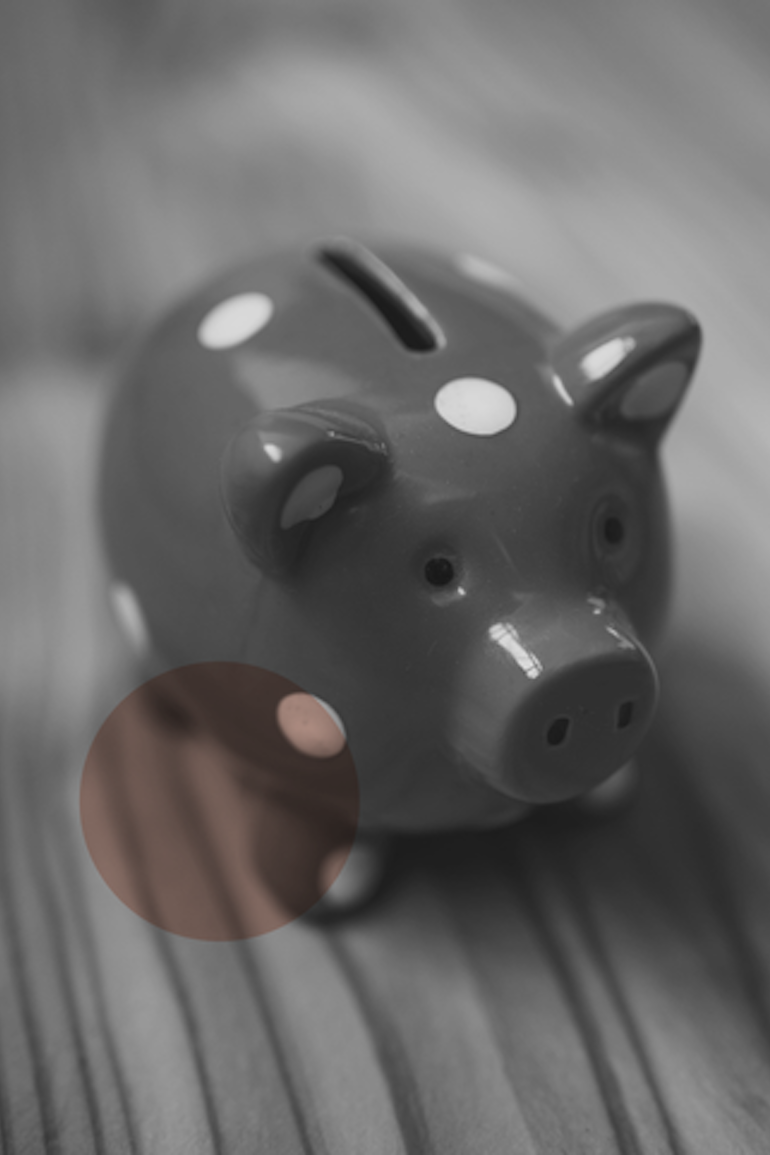Kool Kanya brings to you FUNDamental – a series on women and money that will help you slay the finance game in tough times. This series is in collaboration with Basis, an app that powers financial independence for women through impactful content, supportive communities, and expert advice.
With the COVID-19 pandemic affecting our work, home and money, there’s a lot that we need to get smart about. Whether it is on the job, home, or the lifestyle front, suddenly, everything has become topsy-turvy, and lockdown is the #NewNormal. Amidst the additional chores and the demands of your job, have money matters kept you up at night?
Job cuts, layoffs, and reduced pay have become a reality for some and a dangerous possibility for others. Whatever may be the status of the lockdown, it will have some impact on your wallet now and in the immediate future.
If there’s anything the effects of the pandemic have taught us, it’s that we’re going to have to start being smarter and more careful with our money.
It’s not possible to change your entire lifestyle in a jiffy, but here are four essential changes that will dominate the future of your finances.
Your emergency fund will be of utmost importance, so start building it now
The lockdown has shown how important it is to have money set aside for unforeseen circumstances. This is why you need to first assess the changes in your lifestyle to ensure that you have enough to meet your expenses.
You need first assess the changes in your immediate lifestyle and ensure that you have enough to meet your expenses. Think of it as having and executing an emergency budget.
What amount constitutes a suitable emergency fund? We suggest starting your emergency fund of 3 month’s worth of your salary, and slowly working your way up to 6 months, and ideally landing at 9 months.
Now that that’s out of the equation, what are the things you’d need in your day-to-day routine?
- Rent, utilities, groceries, etc. These are things you need cash for.
- Cut down on unnecessary expenses. Buy essentials as you may need but do not hoard unreasonably. This is not just unfair to others but is unnecessary as it might lead to a cash crunch.
- Review your monthly memberships, like a gym membership, online streaming platforms, DTH subscriptions. If you don’t need them, put them on hold.
Check on your emergency funds progress. If you are running behind, then revisit your budgets and make up for the deficit by cutting down further. You need to be sure of your income flow for the following months so that you can plan your expenses accordingly. If you anticipate cuts in the future, start planning for a frugal lifestyle today.
An additional source of income is a good idea – invest in upskilling
A quick analysis of your career and income will tell you whether your current job would still be relevant during or post COVID-19. If it is still relevant, there might be pay-cuts. Prepare for all this in advance.
The most important thing you can do for yourself at this time is upskilling. Even if your job is not under threat, upskilling can help you perform better or prepare you for another role in the future. For example, if you’re a good writer, taking up freelance projects for the weekends can be of use. You could do the same if you have an interest in graphic design or photography. At the end of the day, the more skilled you are, the better are your chances of securing a good job or of having a successful side hustle.
Build skills that you can use. This could be a hobby that you could turn into a part-time gig.
You Might Also Like
Get rid of as much debt as you can
In case of job loss or pay cuts, communicate the situation with your landlord (if you are living on rent) for a waiver and banks to negotiate a better interest rate (if not a waiver) for any loan that you may already have.
If you have existing loan EMIs or credit card bills and do not have a cash flow problem currently, pay them without default. It is always to clear debt irrespective of the economic situation. When there is uncertainty over income, new loans for large non-critical purchases are best put off.
Invest, invest, invest
If you have an existing investment plan, continue with it. If you have existing SIPs, continue them, as your SIPs will earn you more in this market. If possible, start new SIPs, as always in alignment with your life goals, so that you can maximize your wealth in the long run.
If you cannot invest in the interim period, then try to at least make your tax-saving investments. These could be tax-saving ELSS funds, PPF or NSCs.
Whichever investment option you choose, make sure that the returns you get beat inflation.
“Any kind of crisis can be good. It wakes you up.” -Ryan Reynolds
Irrespective of the situation, remember to keep your calm and not to panic. This is a phase, and it will get better. It is always useful to prepare yourself for the worst, and make changes in your life that are at par with the times.
Basis helps you get started on your journey to financial independence with curated content, supportive communities, and expert advice. Visit our website here.
You’re invited! Join the Kool Kanya women-only career Community where you can network, ask questions, share your opinions, collaborate on projects, and discover new opportunities. Join now.






